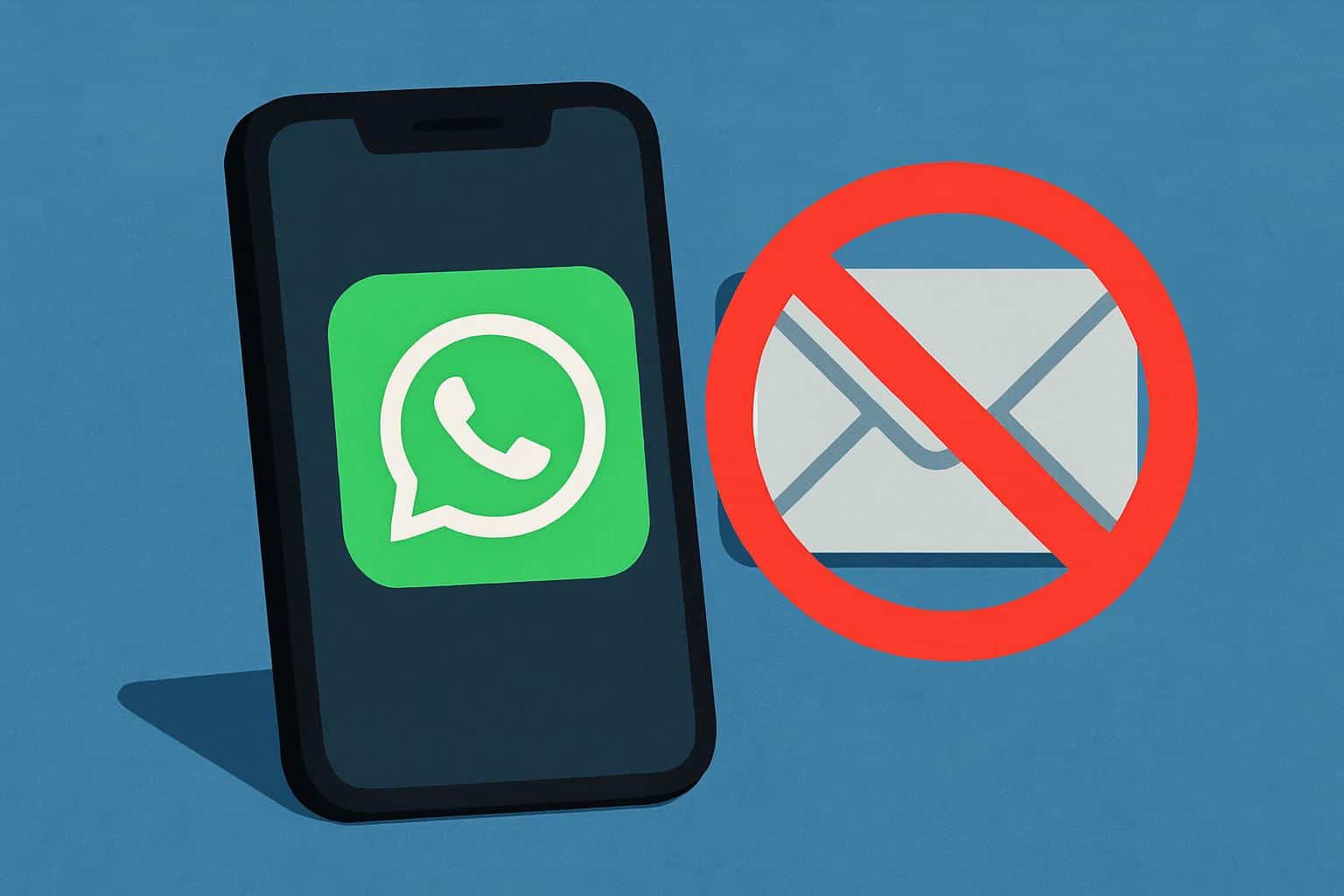
WhatsApp Restricts Unanswered Outreach In Effort To Stop Spam
If you use WhatsApp regularly, you might have noticed some changes in how you can message people who haven’t responded to you. WhatsApp restricts unanswered outreach in an effort to stop spam, meaning you’ll experience stricter limits when trying to reach out to contacts who don’t reply. This update is designed to improve your messaging experience by reducing unwanted or spammy messages.
Table of Contents
- What Is WhatsApp Unanswered Outreach Restriction?
- How Does This Affect Your Messaging?
- Why WhatsApp Is Taking Action Against Spam
- Tips to Avoid Being Restricted
- How the New Policy Impacts Businesses
- Conclusion
- Frequently Asked Questions
What Is WhatsApp Unanswered Outreach Restriction?
WhatsApp restricts unanswered outreach to limit how many new people you can message if your previous outreach attempts have gone unanswered. Essentially, if you send messages to people who do not reply or interact with you, WhatsApp will gradually reduce your ability to message new contacts. This helps prevent spam accounts from flooding users with unwanted messages, making the app safer and more user-friendly.
How Does This Affect Your Messaging?
You might find yourself unable to send new messages to users who haven’t responded to your previous messages. In practical terms, this means:
- You can continue chatting freely with people who respond to you.
- Attempting to reach out to large numbers of strangers without engagement will trigger restrictions.
- The restriction applies primarily to personal accounts but also affects businesses that don’t follow good messaging practices.
By restricting unanswered outreach, WhatsApp encourages meaningful and consensual conversations rather than unsolicited spam.
Why WhatsApp Is Taking Action Against Spam
Spam messages have been a persistent problem on messaging apps. WhatsApp restricts unanswered outreach because it wants to:
- Protect you from spam and scams.
- Maintain the reliability and reputation of the platform.
- Encourage quality interactions where both parties engage willingly.
“User privacy and experience are at the heart of WhatsApp’s policies. Reducing spam is essential to keeping WhatsApp the preferred messaging app worldwide.”
For more detailed insight into WhatsApp’s spam policies, you can visit the official WhatsApp Business Policy.
Tips to Avoid Being Restricted
If you want to avoid hitting these limits, consider these tips:
- Engage genuinely: Focus on conversations with people who reply to you.
- Avoid bulk messaging: Don’t send the same message to large groups of non-responsive users.
- Use broadcast lists wisely: Only message users who have opted in to receive your updates.
- Respect user preferences: If someone hasn’t responded, give them space rather than pushing follow-ups aggressively.
- Monitor your message statistics: On WhatsApp Business, track message engagement to refine your approach.
How the New Policy Impacts Businesses
Businesses using WhatsApp for customer outreach should pay close attention. WhatsApp restricts unanswered outreach which means:
- Businesses sending promotional or informational messages need to ensure recipients have consented.
- Repeated non-responses by customers can reduce a business’s ability to message new contacts.
- Adopting WhatsApp’s Business API with official templates and opt-ins is critical for compliance.
By adjusting your communication strategy, you can keep your outreach effective and compliant with WhatsApp’s evolving policies.
Conclusion
WhatsApp restricts unanswered outreach to protect you from spam and enhance your messaging experience. While it might seem limiting at first, these changes promote healthier conversations and respect your privacy. Whether you’re a casual user or a business owner, adopting these guidelines will help you communicate more effectively on WhatsApp.
Frequently Asked Questions
Why is WhatsApp restricting unanswered outreach?
WhatsApp restricts unanswered outreach to reduce spam and ensure people only receive meaningful messages from contacts who engage with them.
Can I still message people who haven’t replied to me?
You might be limited in how many new contacts you can message if they don’t respond, but you can always chat with people who have engaged with you.
How do these restrictions affect WhatsApp Business users?
Businesses must ensure users have opted in and engage genuinely. Otherwise, their ability to message new customers may be limited.
Is there a way to appeal if I get restricted?
Currently, WhatsApp does not provide a formal appeal process for these restrictions, but maintaining good messaging practices can prevent restrictions.
Where can I learn more about WhatsApp’s spam policies?
You can visit WhatsApp’s official Business Policy page for detailed information.
We hope this article helped clarify how WhatsApp restricts unanswered outreach in effort to stop spam. Feel free to share your thoughts below or share this post with your network to help others stay informed. For more insightful updates, continue exploring our blog!



